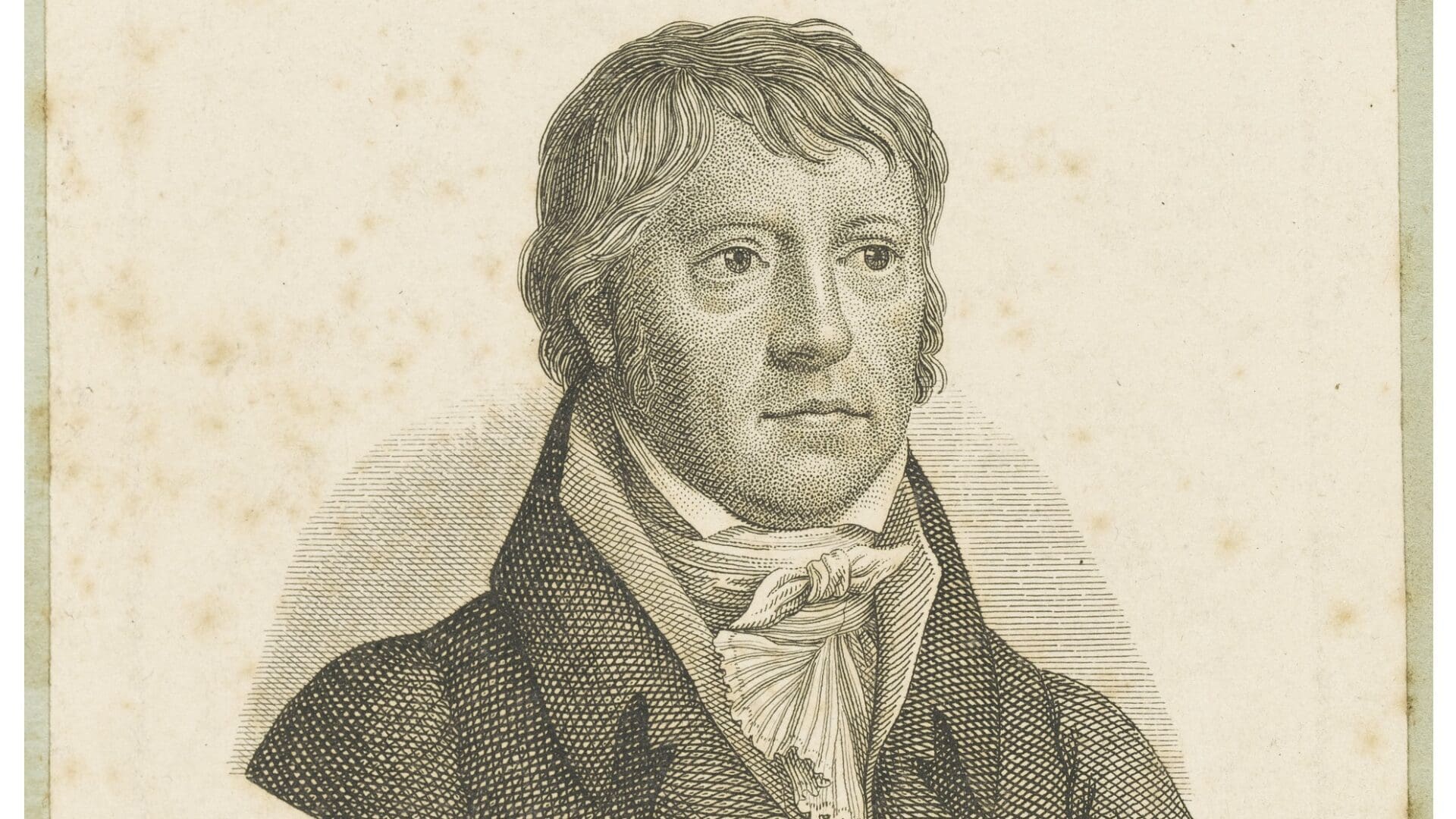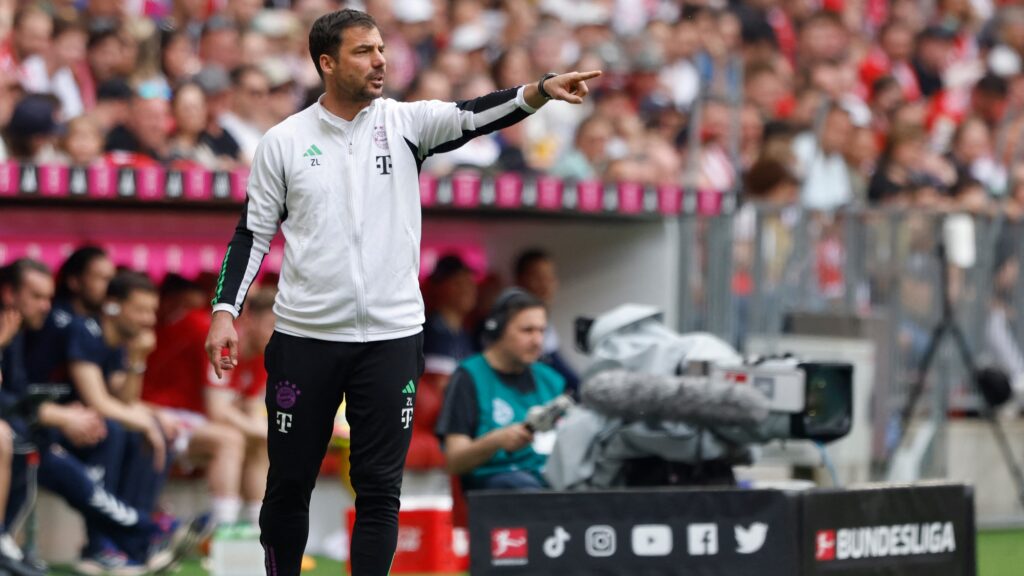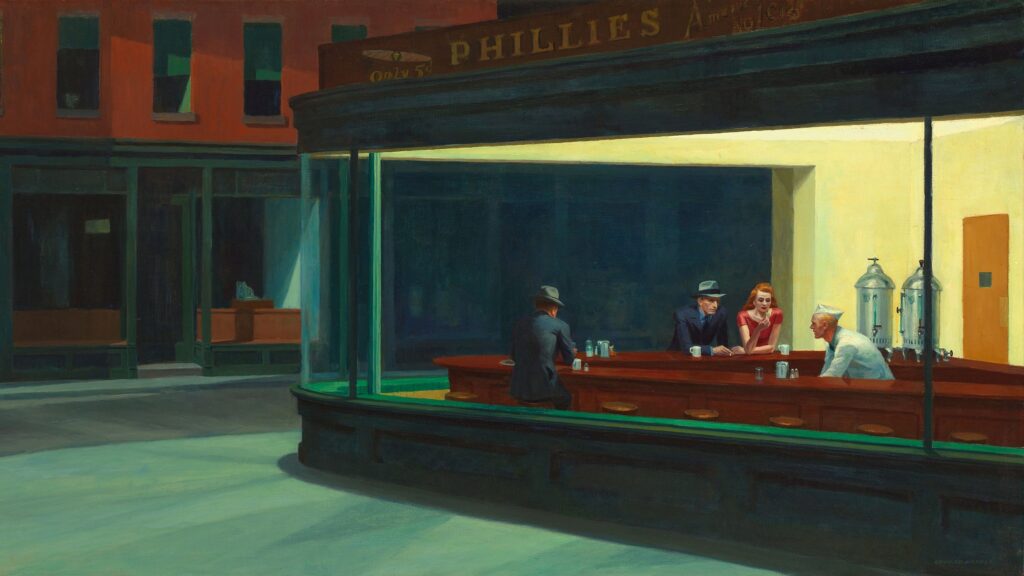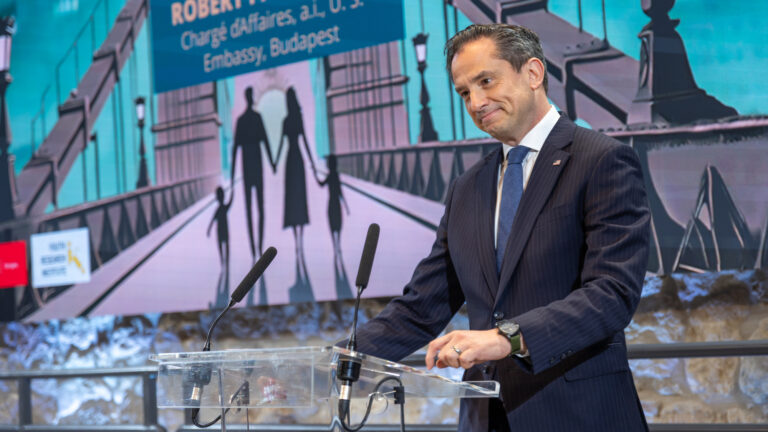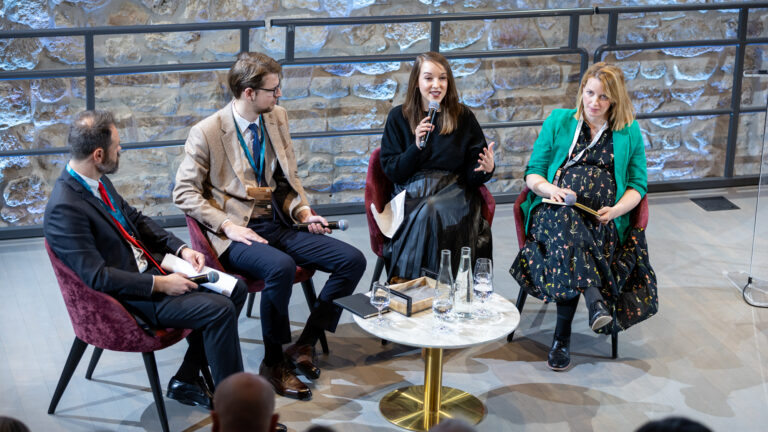Georg Nachtmann’s recent article in Kommentár (translated by Zsuzsanna Hárshegyi) examines the right-wing and left-wing disciples of German philosopher Georg Wilhelm Friedrich Hegel. Nachtmann argues that the importance of Hegel is demonstrated by the fact that people both on the left and the right respect him and consider him an early philosophical influence. He also concludes that Hegel was neither a right-winger nor a left-winger, but rather, generally speaking, an anti-liberal thinker.
The notion to divide Hegel’s disciples into ‘right-wing’ and ‘left-wing’ Hegelians can be traced back to David Friedrich Straus. He originally meant it in a religious-philosophical context. Left-wing Hegelians, for instance, argued that Hegel read the Bible in a symbolic way and therefore did not believe in the metaphysical. Nachtmann describes the debate between the two ‘factions’ of Hegelians, and how it led to the advent of Marxist thinking. The left-wing interpretation of Hegel’s philosophy, namely that he was a critic of religion, inspired similar views by Karl Marx.
Marx, however, extended this purported Hegelian rejection of religion to the family and the state as well. According to him, religion and state were inseparable. Thus, for Marx, religion, the ‘opiate of the masses’, was the guarantor of the status quo, and therefore also of the security and existence of the state—all things that Marx opposed.
However, he eventually decided to use, but also deviate from Hegel’s dialectics.
As Marx himself said, he turned the philosophy of Hegel ‘upside down’.
According to Nachtmann, it is due to the fact that Hegel, at least in his mature years, indeed supported the Prussian monarchy, and considered religion, patriotism, family and state all necessary. Therefore, his ideas needed to be altered, in order to conform to Marx’s ideas. The author also adds that this contributed to the phenomenon that Marxists usually idolize the early, undeveloped stages of Hegel’s philosophy, instead of his later thoughts.
After discussing the debates surrounding him, Nachtmann proceeds to write more generally about the philosophy of Hegel.
According to the author, Hegel’s thinking was dialectic, but not in the Marxist sense. For the German thinker, this rather meant thinking things through in a way which brought opposing opinions and notions into a dynamic relationship with each other. For instance, ‘law’ for Hegel meant not only positive legal texts, but also the abstract notion of ‘justice’, and ‘freedom’.
While Hegel’s initial interpretation of ‘law’ was rather idealistic, and similar to that of Kant, he later infused realism into it. For instance,
he argued, as Nachtmann points out, that things like the right to life or property are only abstract notions, until there was a force to guarantee them.
Therefore, Hegel called for a communal, rather than an individual moral ideal, something Nachtmann calls an ‘ethos’. The author also highlights that for Hegel, community law and ethos depended on how effectively they could be harmonized with the individual, making what is moral a manifestation of the individuals’ free choices. According to the article,
Hegel’s morality was to be realized via three actors: the family, the civil society, and the state.
Nachtmann argues that due to the important role the state had in Hegel’s thinking, it can be described as having both right-wing and left-wing components. It, however, stands in stark opposition to liberalism.
For liberals, the individual is a phenomenon standing alone by itself, envisioned as isolated. However, for Hegel, individuals only existed as part of the community, family, and nation. Nachtmann argues that Hegel was not a predecessor of totalitarian collectivist ideologies, but rather believed in free individuals existing in a community, giving their lives meaning.
Nachtmann also outlines that Hegel criticized democracy, supporting corporative monarchy instead. Therefore, Nachtmann designates Hegel as an ‘anti-liberal’ thinker. However, in the last part of his essay, he also admits that there are liberal components of his thinking, or at least, his teachings had liberal followers as well.
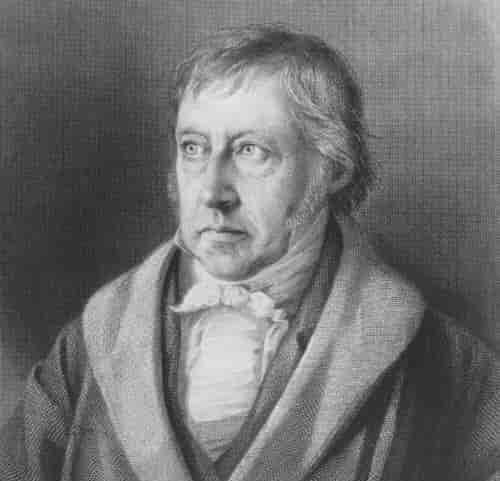
For instance, Hegel did approve of some form of multiculturalism. Furthermore, he interpreted the conflict among states in an optimistic framework, arguing that these struggles would lead to a more peaceful, better world order, and therefore he believed in progress, even regarding the international order. As Nachtmann points out, this part of his thinking was picked up, for instance, by Francis Fukuyama. However, the author also stresses that this is a more complicated issue. Hegel, according to him, argued in some of his works that only nations can have true morality. Furthermore, Hegel also wrote that eventually, all nations tend to wage war against each other. Therefore, Nachtmann denies the notion that Hegel could have been a true globalist.
Nachtmann’s article describes Hegel as a complicated and interesting thinker, who was both a believer and critic of faith, patriot and universalist, positivist, and an advocate of natural law; as well as eventually both right-wing and left-wing in some ways. Thus, for him, Hegel was essentially a community-minded and anti-liberal philosopher.
Related articles:

